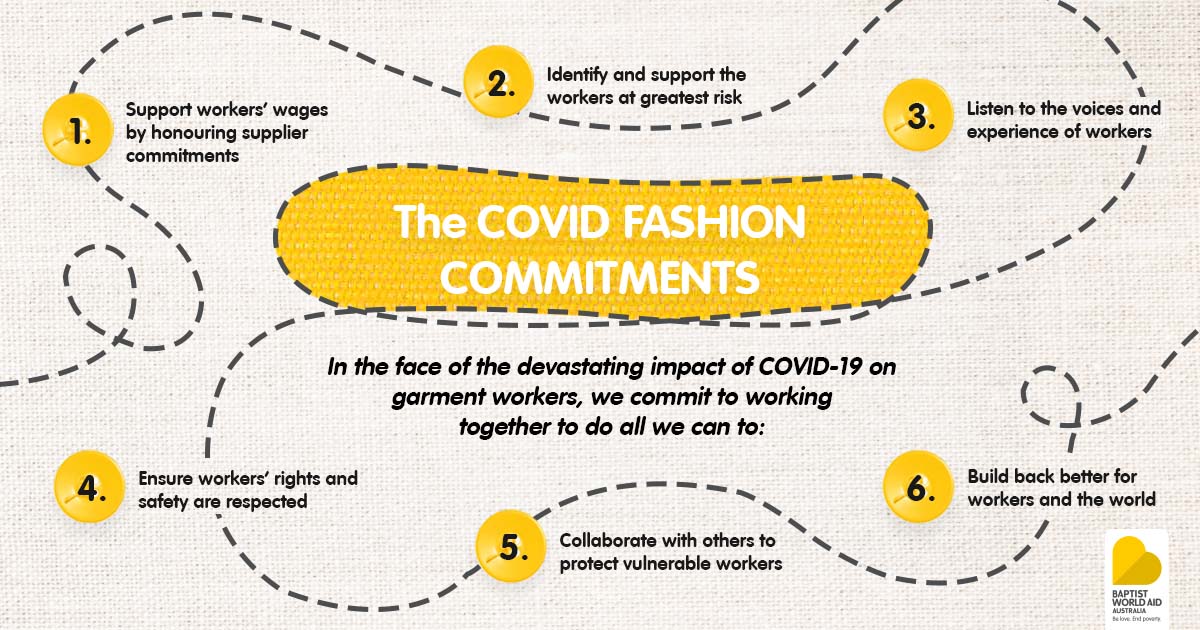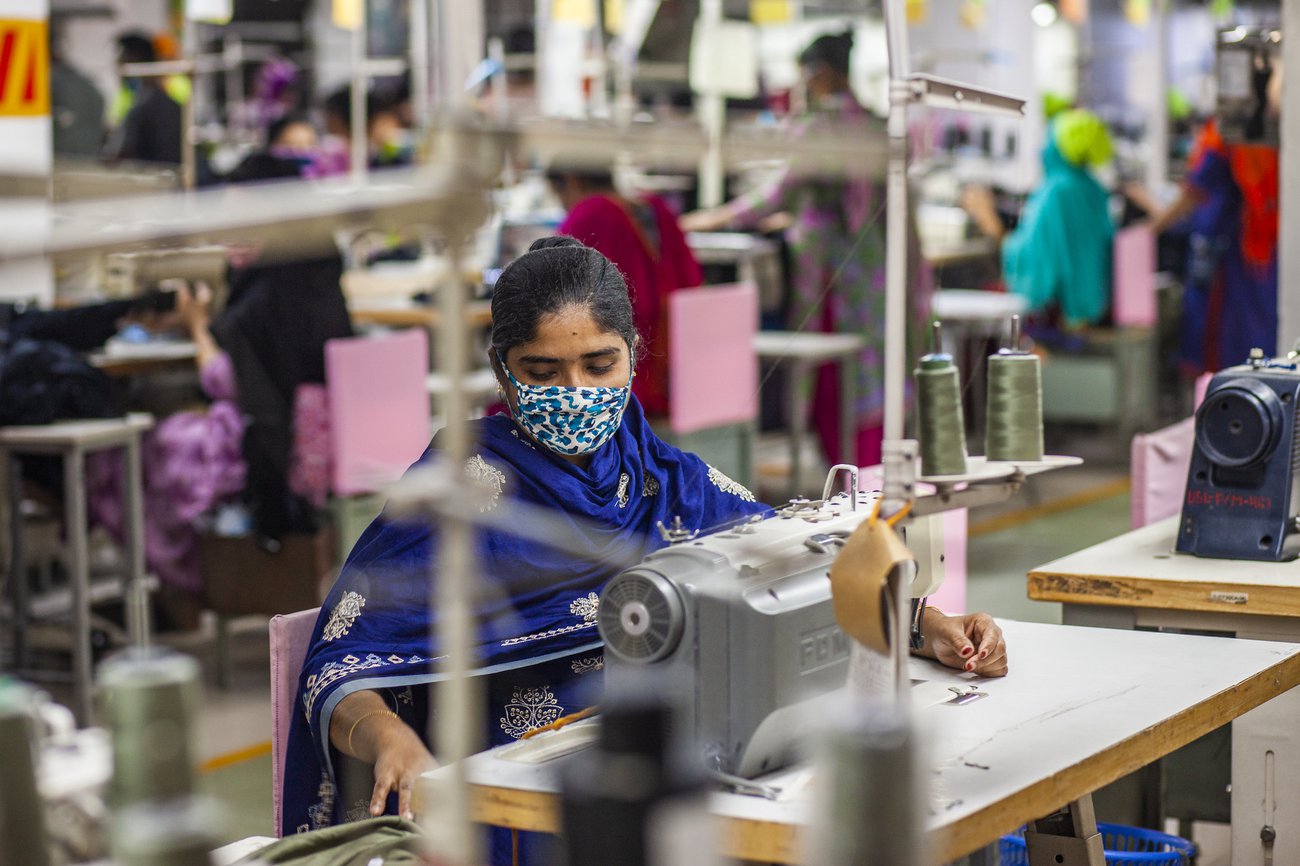Baptist World Aid’s 2020 COVID Fashion Report has dropped, naming and analysing who in the clothing industry has been working ethically, and who has neglected human rights.

Baptist World Aid, a charity based in Australia, was founded in 1959 with the goal of assisting victims of World War Two. The charity has grown since then in its fight to battle poverty, with a focus on assisting children in third world countries. Out of this developed what the charity is probably most well known for, their Ethical Fashion Report, released annually. First published in 2014, the report grades companies for their transparency and ethical practices, with a focus on paying workers a living wage.
There have been many articles written questioning the legitimacy of the report, taking aim at Baptist World Aid for analysing small companies next to giants and for not including some brands who have asked to be analysed. Modern journalists love to criticise, no matter the reasoning behind someones actions, and being a company based in religion certainly doesn’t help Baptist World Aid’s popularity in the modern world. However, it is important to put religion aside and focus on the facts that have been published by the charity.
Baptist World Aid have had to take a different approach to their research this year due to COVID-19. Not only have they taken into account companies shutting down, they have looked at how workers have been treated due to the impacts of COVID, and included this in their analysis of warehouse practices. The company described their process this year on their website, stating,
“There is a significant and immediate risk to workers in this crisis. Our usual assessment process focuses on long-term change and establishing the processes and systems to protect workers and the environment. While this is still the best way to bring about sustainable long-term change and will return next year, the immediate (short-term) risks faced by workers demands a more streamlined and agile approach.”

The company has outlined how they have adjusted their ranking system on their website and in the guide itself. As well as their usual grades of ethics from A+ to F, Baptist World Aid have included a ‘COVID response’ grade. ‘All’ means the company graded have covered all areas of the COVID Fashion Commitments, ‘Some’ means they have achieve some, while ‘No’ means there is no evidence companies have taken COVID-specific actions. The COVID Fashion Commitments include the following:
- Supporting workers wages
- Supporting workers at greatest risk
- Listening to workers requests
- Ensuring workers safety
- Collaborating with other to protect vulnerable workers
- Commitment to building back to a better workplace
While it may seem difficult for a company, who internally are suffering from the effects of COVID, to meet these demands, it’s extremely important. 50 million garment workers lost wages this year, and many did not have high enough wages before. Furthermore, larger companies in America have cancelled their orders for clothing, resulting in jobs lost and factories closed down. This is an industry wide problem that has been occurring ever since the construction of ‘free-trade zones’, essentially sweatshops where workers have no rights, are paid little, and factories are built just to fulfil orders, then closed.

We see lots of great, smaller brand such as Etiko and Freeset T-Shirts topping the list with both A+ grades in ethics and an ‘All’ for COVID commitments. Some larger bands too have surprisingly high scores, such as Adidas, Bonds and Reebok. At the bottom of the list are the fast fashion brands, companies that are mindlessly contributing to the destruction of the earth in order for their own profit; Rivers, Forever 21, Lowes.
The 2020 Covid Fashion Report is available for free download or a donation of your choice, and a physical copy is also available. In times like these, it’s important to consider those stuck in low-paying, unskilled jobs, especially in the horrible conditions we know garment manufacturers turn a blind eye to.
Subscribe to FIB’s Weekly Alchemy Report for your weekly dose of music, fashion and pop culture news!







